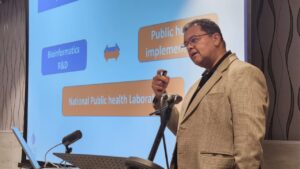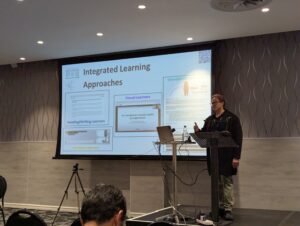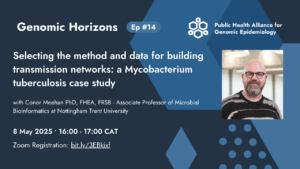It seems like only yesterday we were all finalizing our plans for the Easter holidays and now we’re already halfway through the year. The days seem to have flown by – further showcasing the progress made by PHA4GE and our Working Group. We have maintained our regular bi-monthly meetings; continuing discussions around key technical solutions and resources for SARS-CoV-2 Bioinformatics in the public health space. The last quarter saw over 40 individual members attend the meetings.
In late March 2022, the Reference, Quality Control and Validation Working Group was incorporated into our meetings, with Waqasuddin Khan and Samiah Kanwar elected to lead discussions and proceedings.
As the demand for Next-generation sequencing (NGS) continues to grow, there is also an impending need for high throughput, lower costs, and better quality of data. However, the quality of NGS sequencing data can be affected by library preparation and sequencing processes, systematic variation in quality scores across sequence reads, biases in sequencing due to base composition, and less-than optimal library fragment sizes and indexes. Such factors can negatively impact the quality of raw sequencing data for downstream analyses. In an attempt to assist with quality control (QC) measures, the Working Group drafted a living document to help define the QC challenges for SARS-CoV-2 genomic analysis and suggested QC systems solutions to address them. A big thank you to all members who contributed to the document, especially to Stephanie Lunn for kick starting it all.
SARS-CoV-2 recombinants have garnered the attention of the public health community largely due to the unknown clinical and epidemiological implications. This uncertainty emphasizes the need to detect and characterize recombinant SARS-CoV-2 genomes, but the ability to do so rapidly and systematically is not without challenges. Often, recombinant genomes receive an “Unassigned” PANGO lineage, a non-recombinant PANGO lineage, or the incorrect recombinant lineage assignment. Additionally, determining the site of recombination within the genome can be difficult for those without extensive SARS-CoV-2 bioinformatics experience. With the aid of Working Group member Emily Smith, the PHA4GE Pipelines and Visualization Working Group created an ‘Identifying SARS-CoV-2 Recombinants’ document in an attempt to highlight critical sources of information and open-source/access resources to aid in the analysis and surveillance of potential recombinant specimens. We would also like to thank Sage Wright for her contributions.
Other highlights have included ‘Member of the Week’ presentations from Working Group members highlighting their journey into Bioinformatics and talks from Finlay Maguire on Standardizing & Operationalizing Opinionated QC and Richard Neher on Nextclade’s latest Mpox version update.
All these efforts over the last few months, including the commitment to release guidance documents and resources to address common challenges regarding the integration of bioinformatics solutions, would not have been possible without the continued support from our Working Group Members. To any potential members, we look forward to welcoming you at our next meeting!
by Jamie Southgate, on behalf of the Bioinformatics Pipelines and Visualization Working Group



